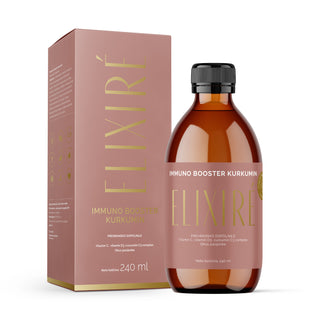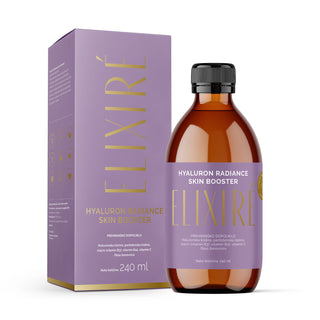Hormones as conductors of the immune system
The menstrual cycle is not only a reproductive process, but also has a profound effect on the immune system. Hormones such as estrogen and progesterone act as regulators of immune responses. Estrogen has anti-inflammatory effects and strengthens the immune defense, while progesterone acts as an immunosuppressant to prevent the body from rejecting the embryo during ovulation and possible pregnancy (1).
Cycle Phases and Immune Response
- Follicular phase (first half of the cycle): Higher estrogen levels stimulate T-cell and antibody activity, which means a stronger immune response (2).
- Ovulation: Estrogen peaks, increasing anti-inflammatory defenses and preparing the body for possible fertilization (2).
- Luteal phase (second half of the cycle): Progesterone dominates and suppresses the immune system to allow the embryo to implant. This, in turn, can mean a greater susceptibility to infections (3).
- Menstruation: The drop in hormones triggers inflammatory processes, which is manifested in pain, fatigue and increased sensitivity of the immune system (4).
Connection with well-being and health
Hormonal fluctuations during the cycle affect energy, mood and resilience. Women often report increased fatigue and susceptibility to infection during the luteal phase, while feeling more vital during the follicular phase (3,4).
Why understanding connection is important
Understanding the language of hormones helps to:
- Exercise planning: More intense exercise is more appropriate in the follicular phase, while more recovery is recommended in the luteal phase (2).
- Nuts: Intake of anti-inflammatory foods (omega-3, antioxidants) can alleviate inflammatory processes during menstruation (4).
- Immune support: Vitamin D and zinc supplementation may strengthen the immune system during periods of increased susceptibility to infection (3).
Conclusion
The menstrual cycle is a complex dialogue between hormones and the immune system. Estrogen strengthens the defenses, progesterone temporarily calms them, and the drop in hormones initiates inflammatory processes. Understanding these mechanisms allows better management of well-being, health and vitality throughout the cycle (1-4).
📚 Literature
- Straub, R.H. (2007). The complex role of estrogens in inflammation. Endocrine Reviews, 28(5):521–574.
- Bouman, A., Heineman, M.J., Faas, M.M. (2005). Sex hormones and the immune response in humans. Human Reproduction Update, 11(4):411–423.
- Wira, C.R., Fahey, J.V. (2008). The innate immune system in the female reproductive tract. Journal of Steroid Biochemistry and Molecular Biology, 112(1–3):17–23.
- Oertelt-Prigione, S. (2012). Immunology and the menstrual cycle. Autoimmunity Reviews, 11(6–7):A486–A492.









